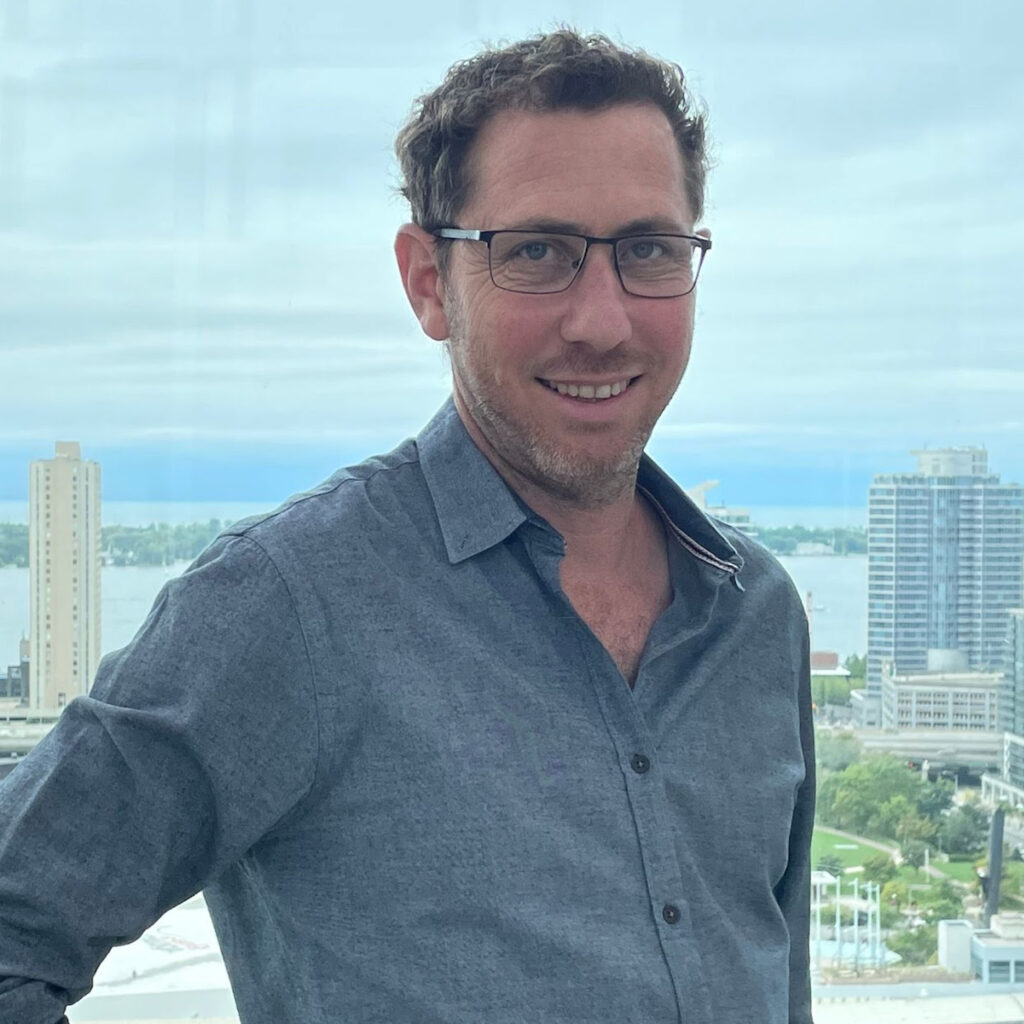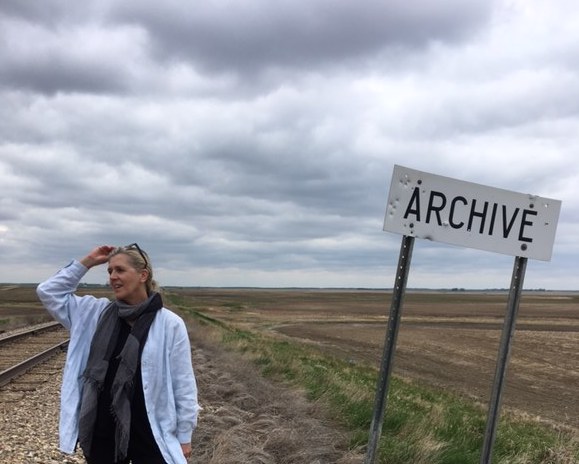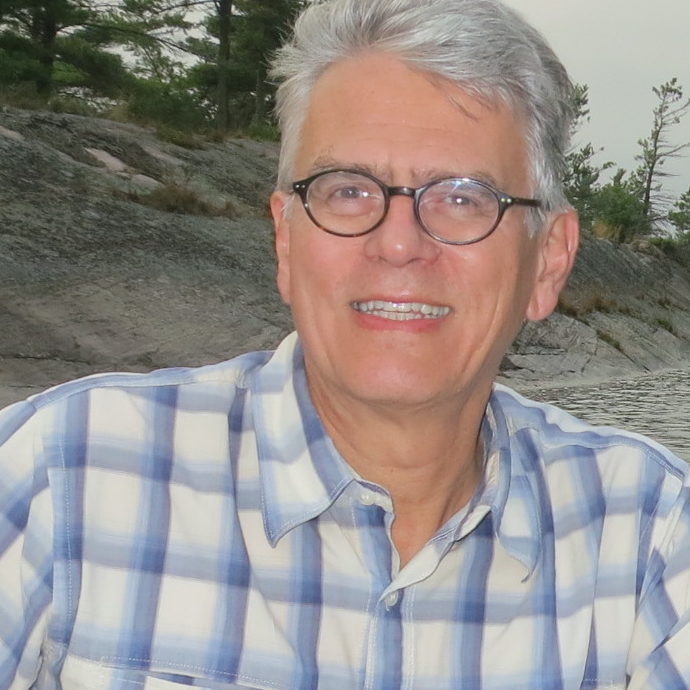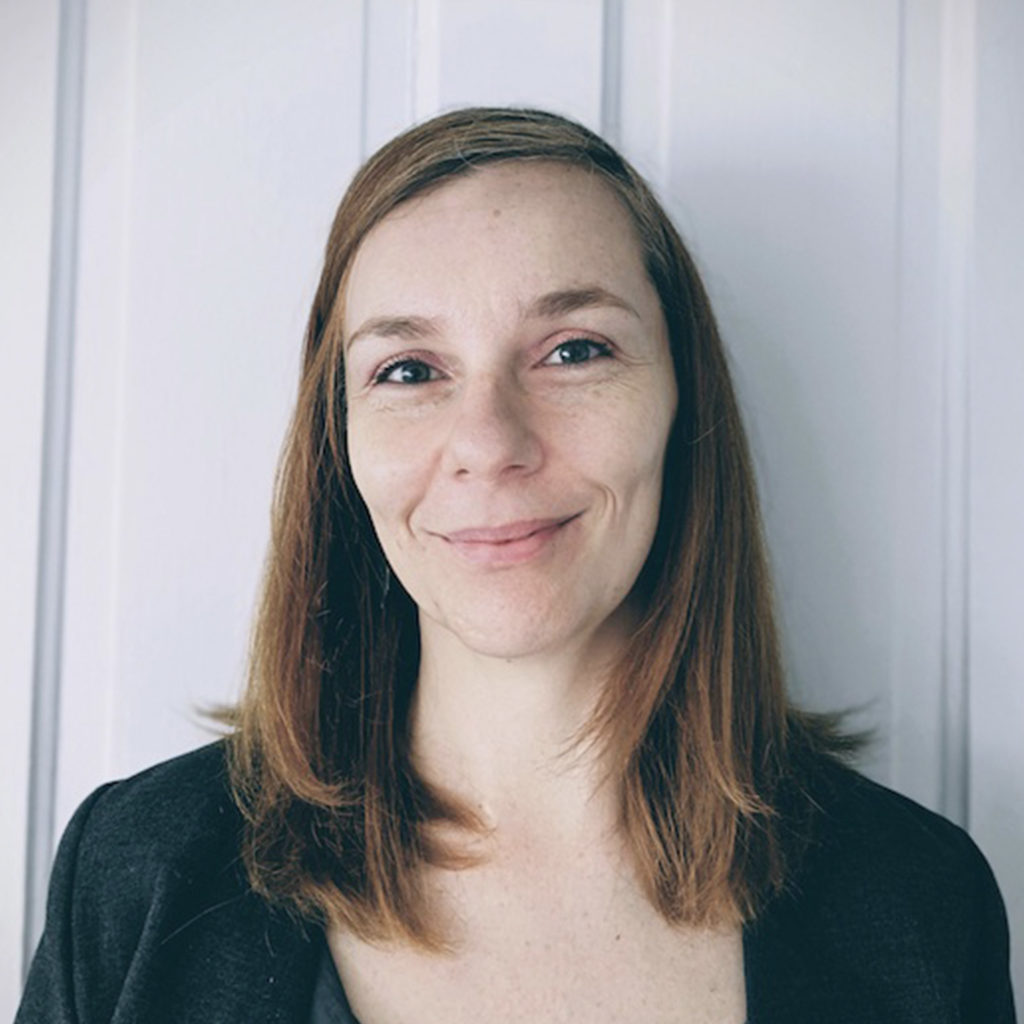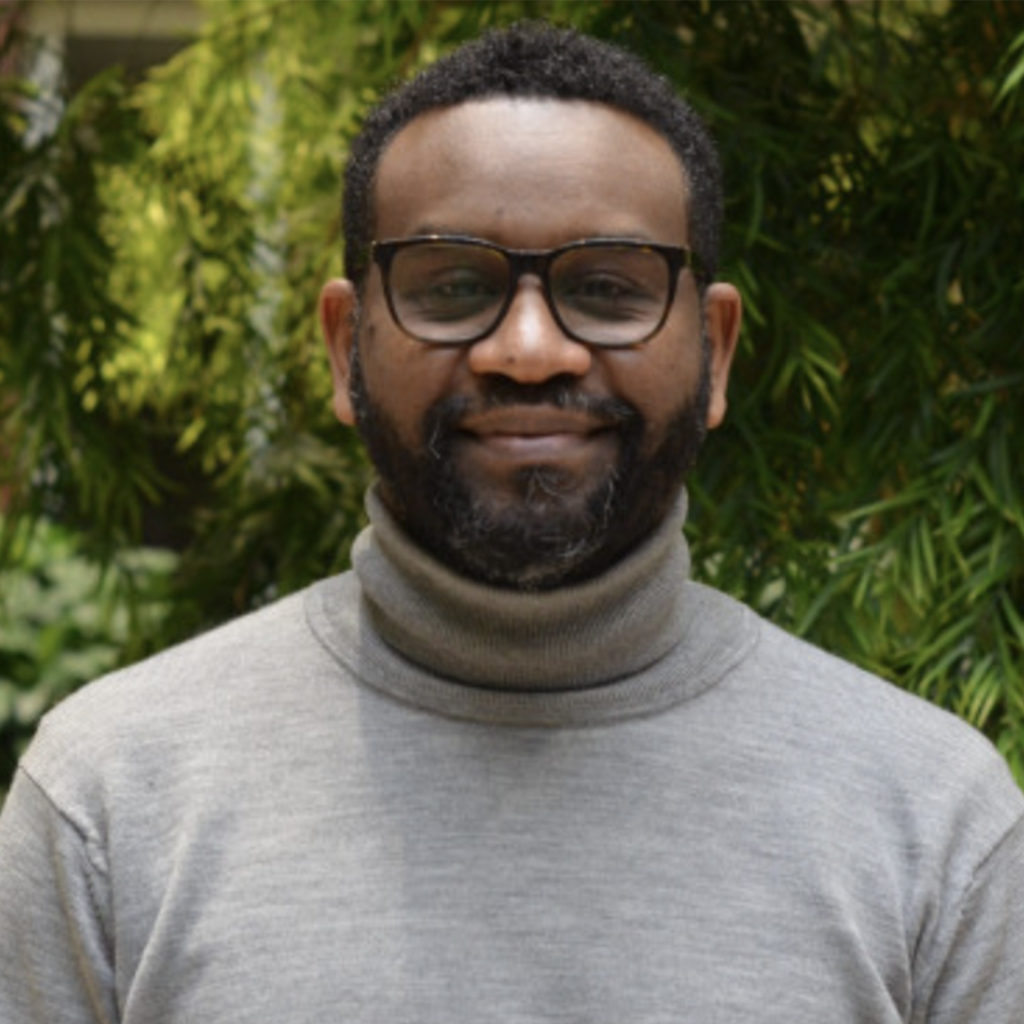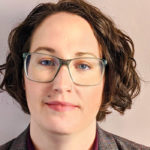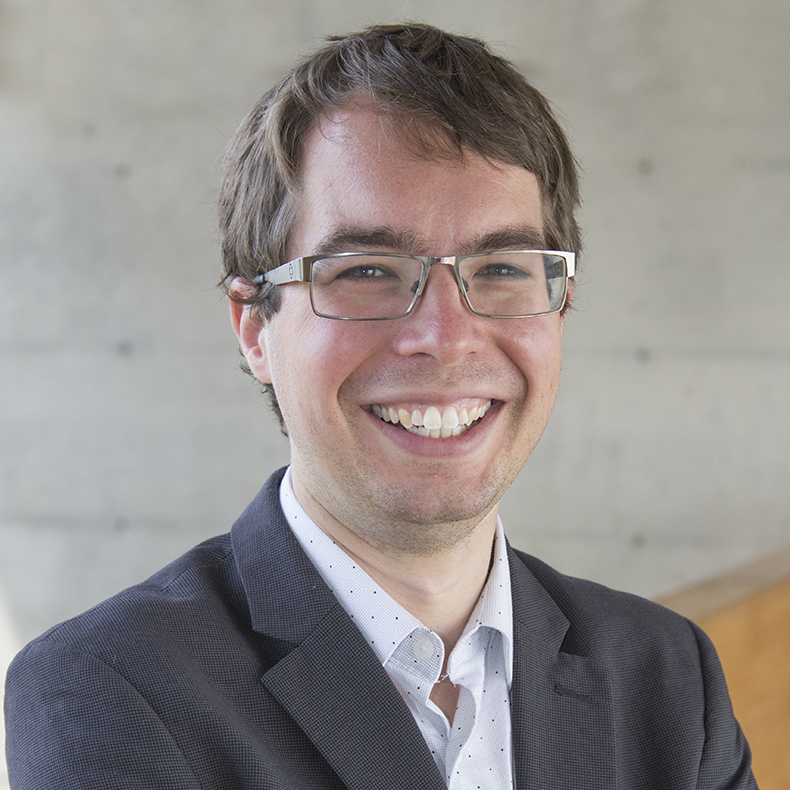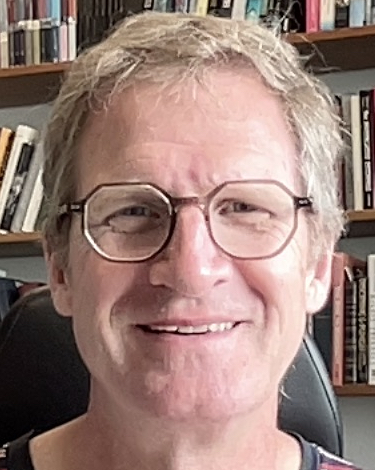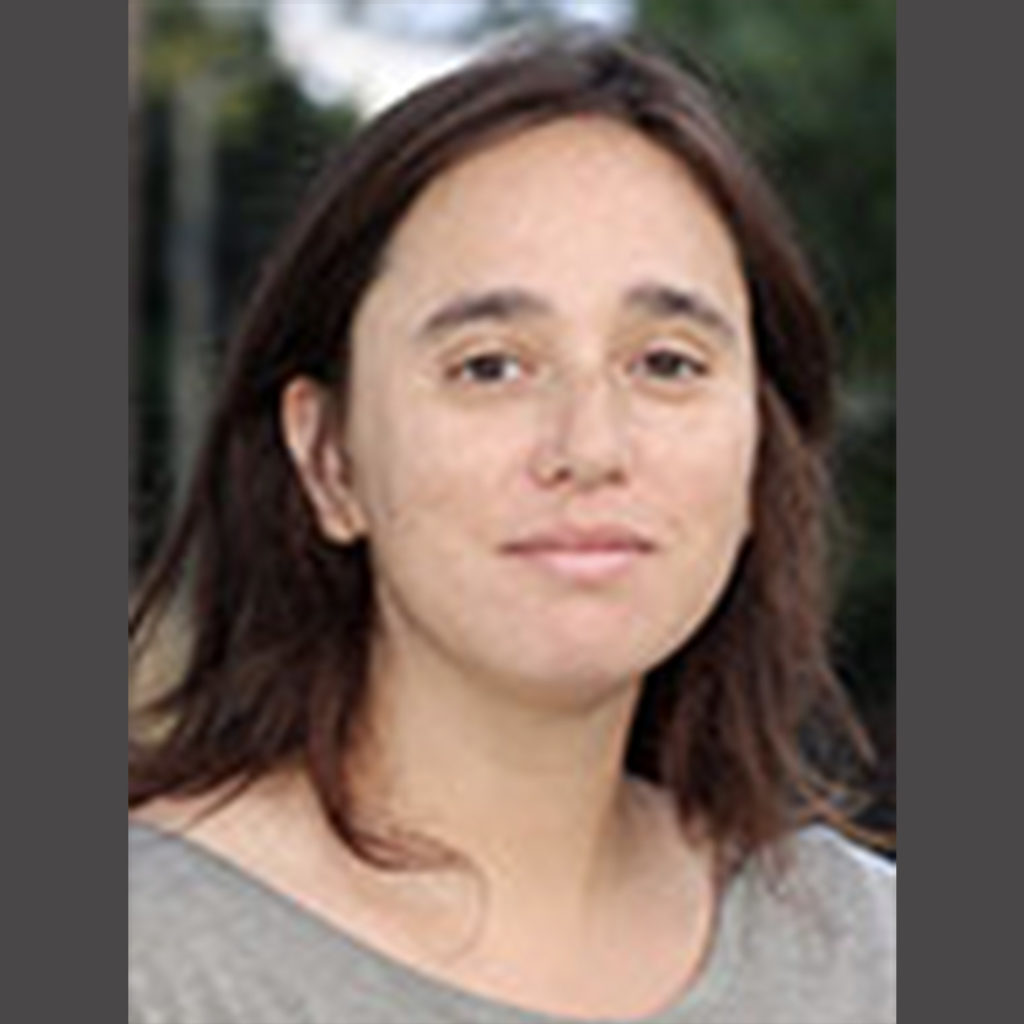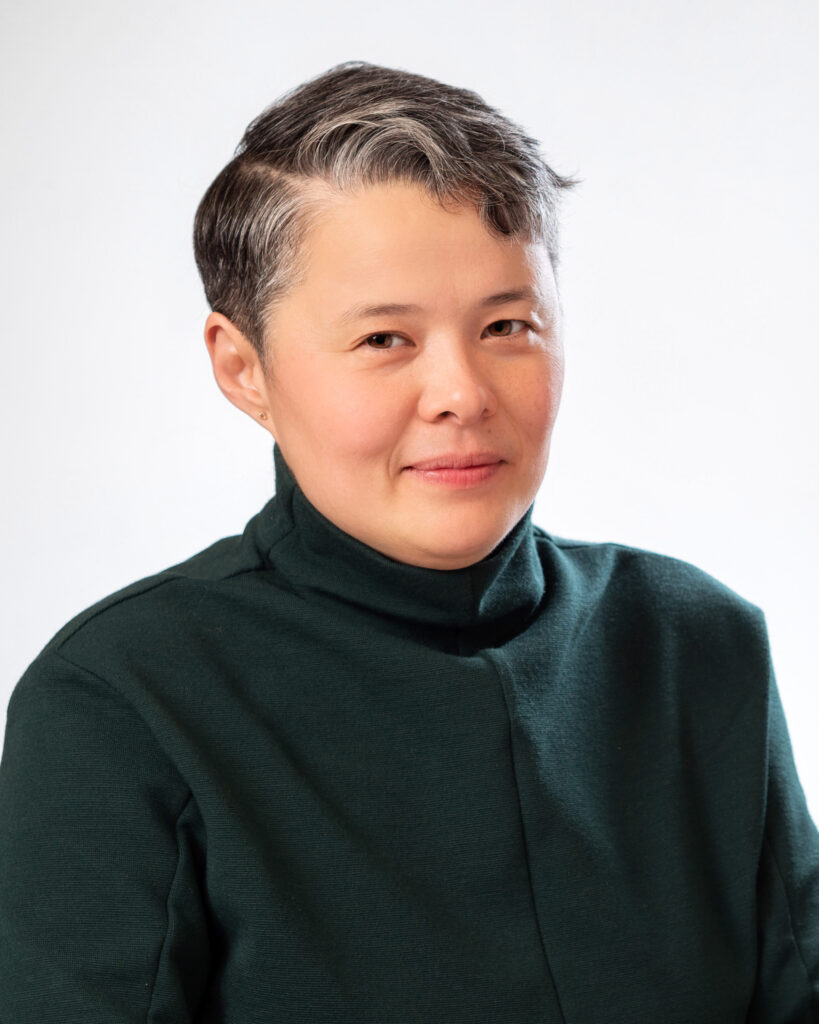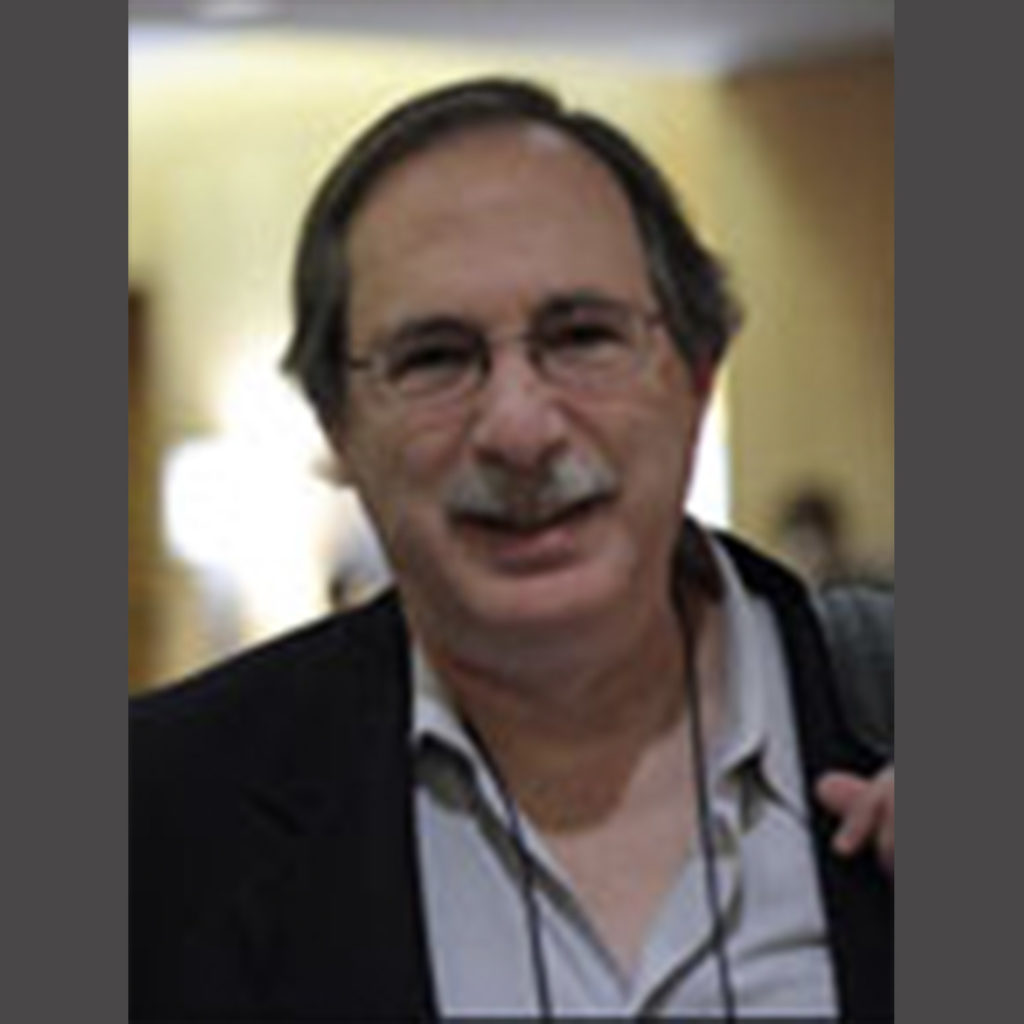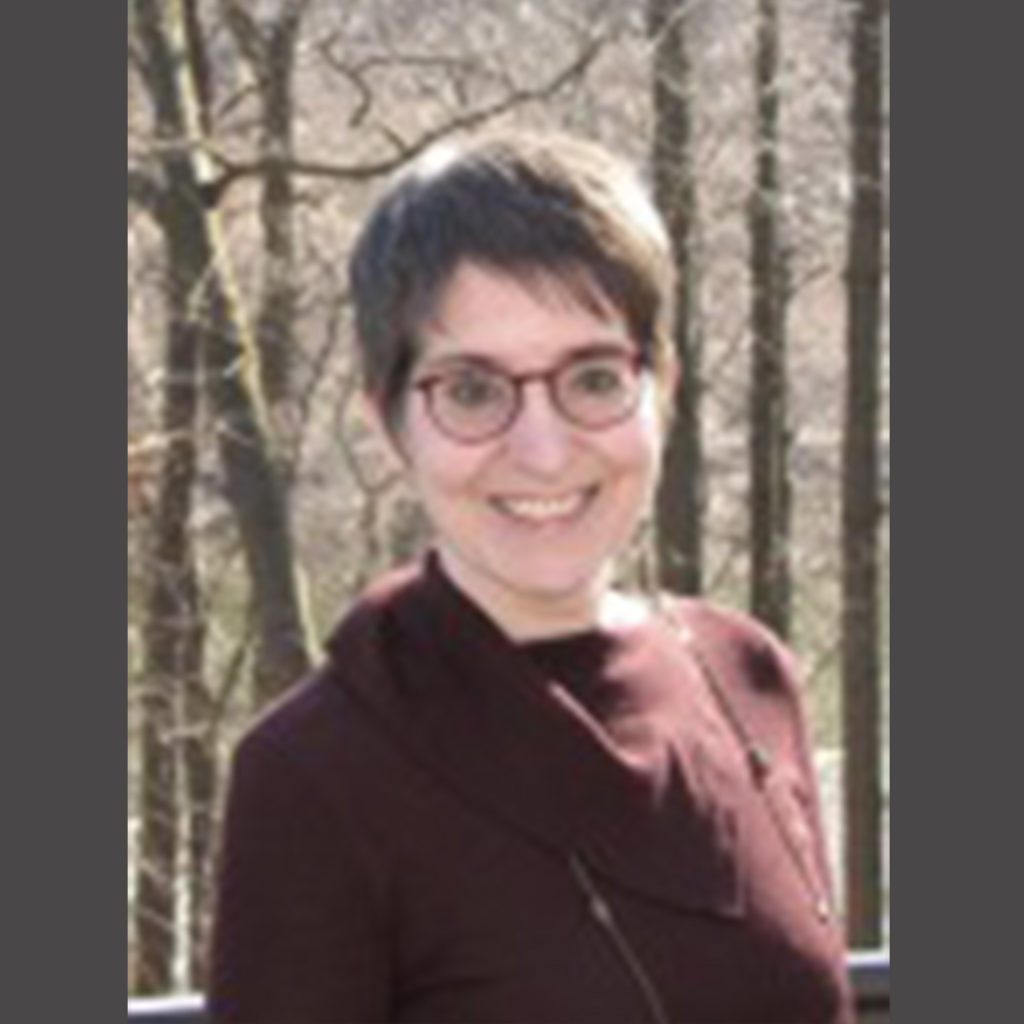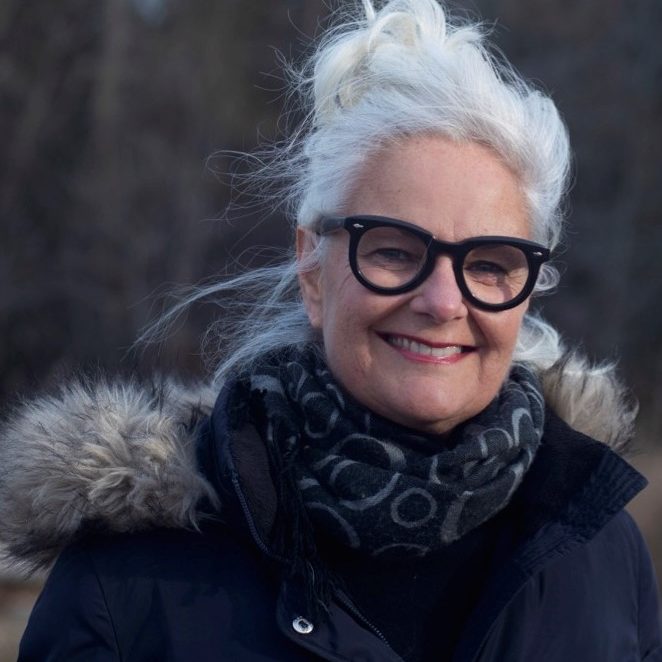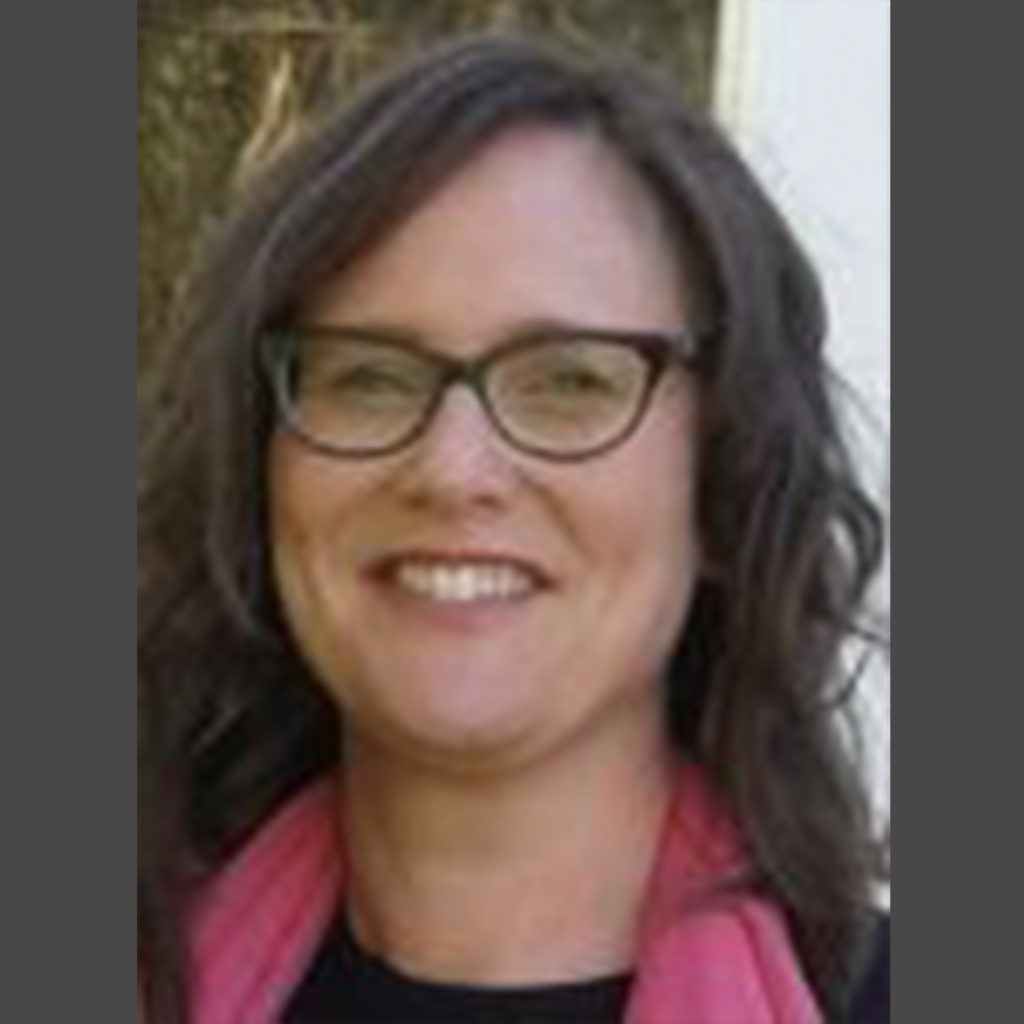Understanding the future of technoscience and society is bound up with understanding our technoscientific pasts. It is important to learn from the history of science, technology, and innovation to find ways to develop more inclusive and sustainable technologies. This Thematic Cluster will focus on connecting technoscientific histories with their hopeful futures.
Thematic Cluster Lead: Professor Anna Agathangelou
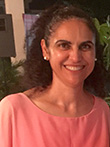
Dr. Anna Agathangelou teaches in the areas of international relations and women and politics. Some of her areas of expertise are time and temporality in global politics, the body, time and ecology, international feminist political economy and feminist/postcolonial and decolonial thought. She is the co-director of Global Change Institute, Cyprus and was a visiting fellow in the Program of Science, Technology and Society at John F. Kennedy School of Government, Harvard (2014-2015). She is currently involved on two multinational SSHRC partnership research projects focusing on sexual violence and human security, global governance, and biotechnology. She has researched ethnic conflict in Cyprus, as well as reconstruction in post-conflict societies with a focus on sexual violence, displaced peoples and the missing.
Members:
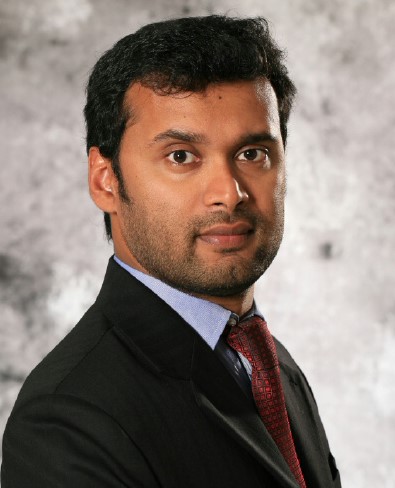
Graduate Fellow
Arvind Babajee, is a finance professional with a specialisation in Finance and Tech. He also advises clients on international corporate affairs.
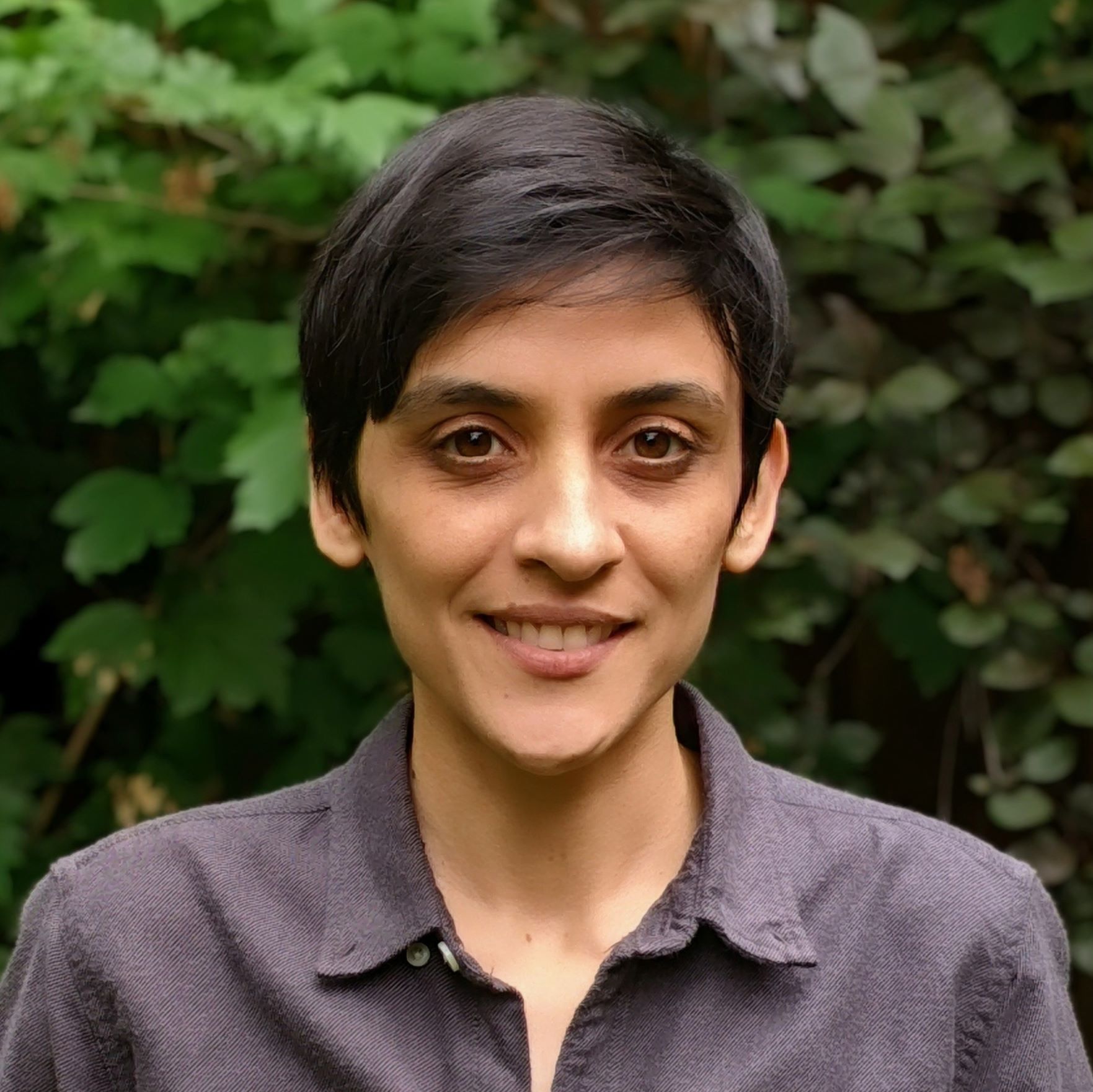
Graduate Fellow
Guita Banan is a PhD student in the Science and Technology Studies program at York University. She studies history of neuroscience and neurobiological conceptions of humanness through the lens of Feminist STS and Black Studies. The focus of her PhD research is early clinical neurology in the late 19th century United States within the racial context of post-slavery. She aims to understand the entanglements between the emergence of a field concerned with studying bodyminds and the racial shifts and continuations that worked to preserve a privileged and overrepresented category of “human,” as well as implications for contemporary (neuro)ethical discourses.
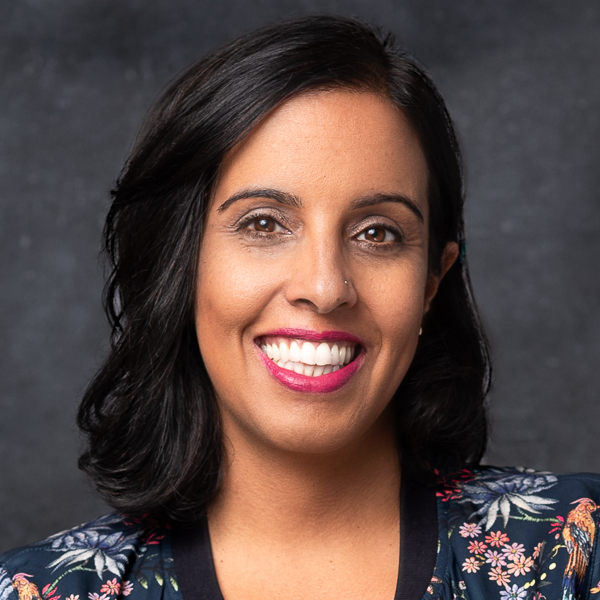
Associate Fellow
Dr. Negin Dahya is an Associate Professor at the University of Toronto Institute of Communication, Culture, Information and Technology. She holds a graduate appointment in the Faculty of Information where she teaches graduate courses and supervises graduate students. She studies power, privilege, and oppression in relation to media and technology. Her qualitative research draws on postcolonial and feminist theory and methods. She focuses on sociotechnical theory and analysis of complex social and technical systems, exploring dynamics of power as they play out across difference. Her research is currently focused primarily in the context of refugee camps and refugee resettlement.
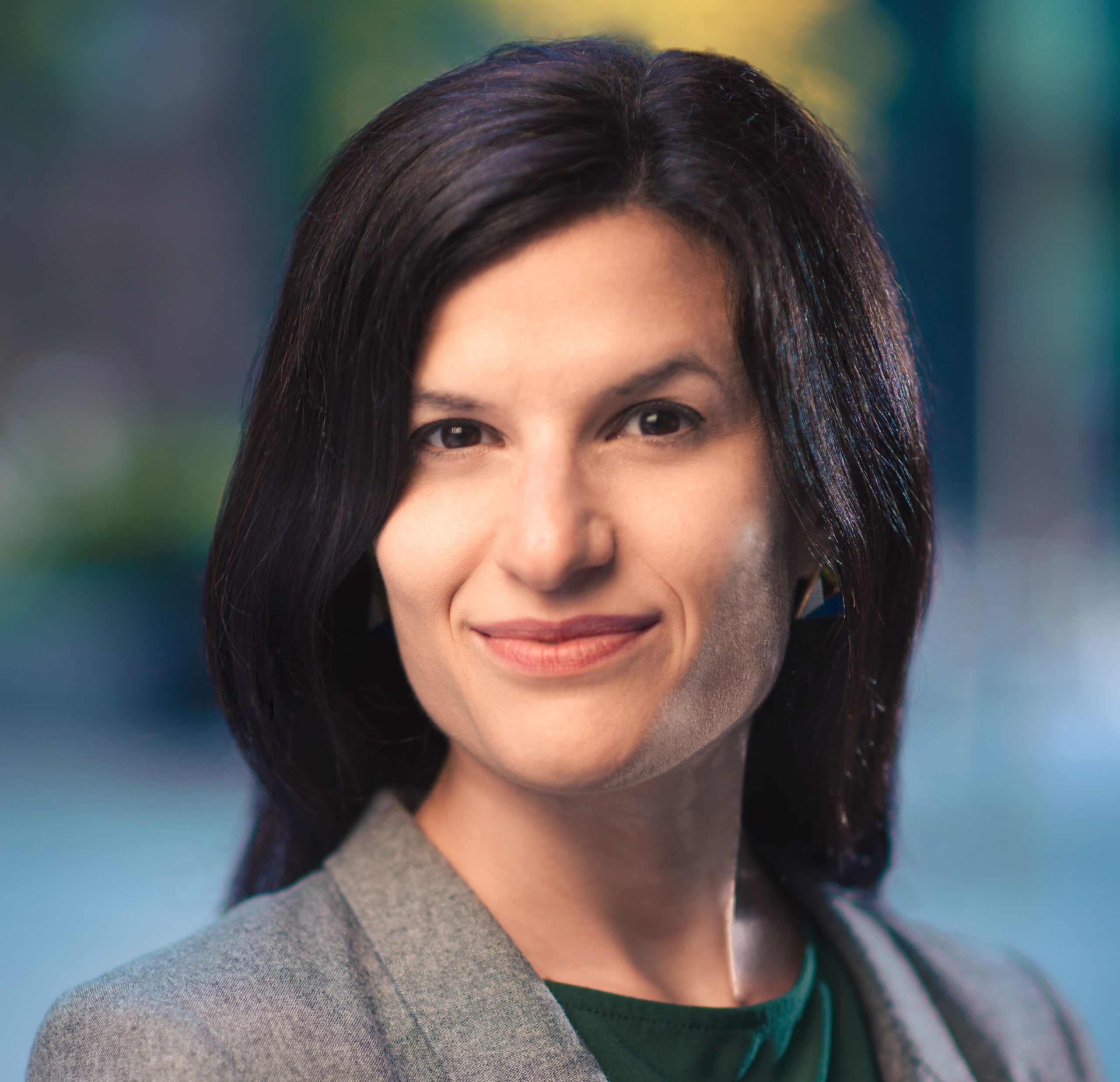
Associate Fellow
I am an experienced ethnographer and an interdisciplinary social scientist specialising in Science and Technology Studies, holding degrees in Social Anthropology (PhD, MSc), Japanese Studies (MSt, MPhil), and Legal Studies (BA). Currently, I am a Wellcome Trust Research Fellow, Chancellor’s Fellow at The University of Edinburgh, and Turing Fellow at The Alan Turing Institute. My work focuses on responsible research and innovation for AI and robotics applications in the health and care sectors. Through my work I aim to enable different stakeholders to become part of the co-production of healthcare technologies to inform and shape innovation together.
Dr. Brandee Easter is an Assistant Professor in the Writing Department at York University. Her research focuses on rhetorical theory, feminist media, and critical code studies.
Associate Fellow
Dr. Ori Freiman is a Post-Doctoral Fellow at McMaster University’s Digital Society Lab, where he explores the intersection of technologies, democracy, and social change. He deals with the societal aspects of implementing emerging technologies, focusing on AI policy and ethics, trust in technology, and the potential consequences of Central Bank Digital Currencies.
Dr. Robert W. Gehl is a Fulbright scholar and award-winning author whose research focuses on contemporary communication technologies. He received his PhD in Cultural Studies from George Mason University in 2010. Before joining York University as an Ontario Research Chair of Digital Governance for Social Justice, he previously held an endowed research chair at Louisiana Tech. His books include Reverse Engineering Social Media (Temple UP), which won the Nancy Baym Book Award from the Association of Internet Researchers, Weaving the Dark Web (MIT Press), and Social Engineering (MIT Press).
Dr. Jan Hadlaw is an Associate Professor in the School of Arts, Media, Performance, & Design at York University, where she is appointed to the STS and ComCult graduate programs. Her research interests focus on the history and material culture of modern technologies. She’s PI of the SSHRC-funded xDX Project, working with partners in academia, archives, and museums to develop a linked-open-data resource for the study of Canada’s design history. She’s an executive member of the Canadian Science and Technology Historical Association (CSTHA) and International Committee for the History of Technology (ICOHTEC), and the editorial board of the peer-reviewed journal ICON.
Dr. Ernst Hamm's work in the history of science considers several areas, including the history of the geosciences, Enlightenment and Romantic science, the interactions of the natural and human sciences.
Dr. Alison Harvey is an Associate Professor and Coordinator of the Communications Program at Glendon College, York University. Her research and teaching focuses on issues of inclusivity and accessibility in digital culture, with an emphasis on gender and labour in digital games. She is the author of Gender, Age, and Digital Games in the Domestic Context (2015, Routledge) and Feminist Media Studies (2019, Polity).
Associate Fellow
Dr. Yousif Hassan is Illinois Distinguished Postdoctoral Fellow and Research Associate in the School of Information Sciences at the University of Illinois Urbana-Champaign, USA. His research examines the relationship between race, digital technology, and technoscientific capitalism. Dr. Hassan’s work is at the intersection of social and racial justice, and technology policy focusing on the social, economic, and political implications of emerging technologies including artificial intelligence (AI) and data. Dr. Hassan was a research fellow at the Harvard Kennedy School. His most recent project investigates the sociotechnical knowledge production practices of the state, scientists, and the tech industry focusing on the development of AI and its innovation ecosystem across multiple African countries.

Graduate Fellow
Hana Holubec is a PhD student at York University in the Science and Technology Studies program. Her ongoing research project looks at the programming of humour and laughter into AI and social robotics. She holds an honours undergraduate degree in Psychology and a Master’s degree in Science and Technology Studies. Her research is informed by her experience as a comedy writer and Improv/clown performer and her work as an arts-based instructor within the disability community, with those living with addiction and mental health issues, and with groups and individuals in bereavement and hospice care.
Dr. Mai Ibrahim is a recipient of the LA&PS Postdoctoral Fellowship and is working with Professor Kelly Bergstrom. Her current research explores toxicity in video games, aiming to identify strategies that self-identified toxic players believe could deter their toxic behaviour and to develop genre-specific definitions of toxicity. Her work aims to guide game developers in addressing toxic behaviour and reveal how genre and non-representational features might unintentionally encourage toxic tendencies. Ibrahim holds a PhD in Communication, Rhetoric, and Digital Media from North Carolina State University, where her dissertation examined the tension between objects and relations in social VR spaces.
Graduate Fellow
Dayna Jeffrey is a PhD Candidate in the Science and Technology Studies program at York University. Her work focuses on technoscientific future narratives and their impact on our presents.
Dr. Eric Kennedy is an Associate Professor of Disaster & Emergency Management at York University, where he teaches on and researches issues related to emergency planning, preparedness, and response. He also serves as Associate Director of York University’s newly-launched Emergency Mitigation, Engagement, Response, and Governance Institute (Y-EMERGE). Dr. Kennedy’s work focuses on decision-making, science advice, policy/governance, and knowledge production in disaster and emergency contexts. He holds a PhD in the Human & Social Dimensions of Science & Technology from Arizona State University, where his dissertation examined the use of science, evidence, and data in the context of wildfire management in Canada. Throughout the COVID-19 pandemic, Dr. Kennedy was principal investigator on a longitudinal project monitoring Canadian attitudes, experiences and adaptations, as well as led an international working group on survey research methodologies in the pandemic context. His ongoing research explores issues related to expert judgement and knowledge synthesis in the context of emergency response.
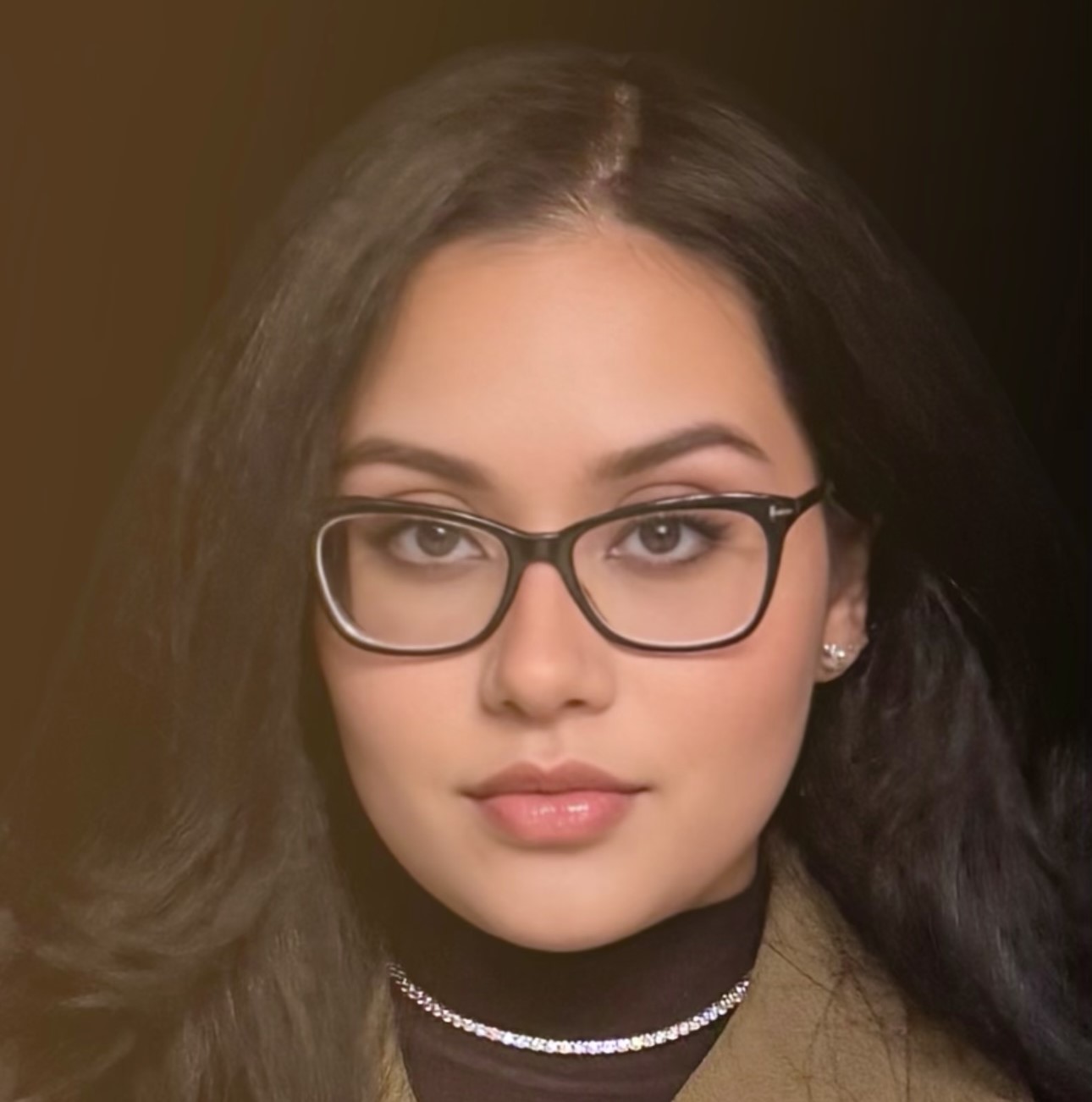
Graduate Fellow
Julianna Kowlessar is a PhD student in the joint Communication & Culture program at York and Toronto Metropolitan Universities. She holds an Honours Bachelor of Science in Psychology, an Honours Bachelor of Arts in Communication Studies, summa cum laude, and an MA in Communication & Culture from York University. Her research centres on the benefits of teaching critical media literacy education in K-12 Canadian classrooms and gamified learning. The research Julianna conducted for her master's thesis explored how Ontario pre-service teachers understood and approached critical media literacy to discover practical and unique methods of teaching it to future students.
Dr. Kenton Kroker is an Associate Professor in the Health & Society Program in the Department of Social Science at York University. His research examines how professional, technological, and sociopolitical developments have transformed biomedical knowledge over the past two centuries. His current research topics include the history of epidemic encephalitis, the interactions of sleep medicine and health care policy in late twentieth-century Canadian society, the history of sleep as a scientific object, and the role of visual rhetoric in the emergence of North American public health in the 19th century.
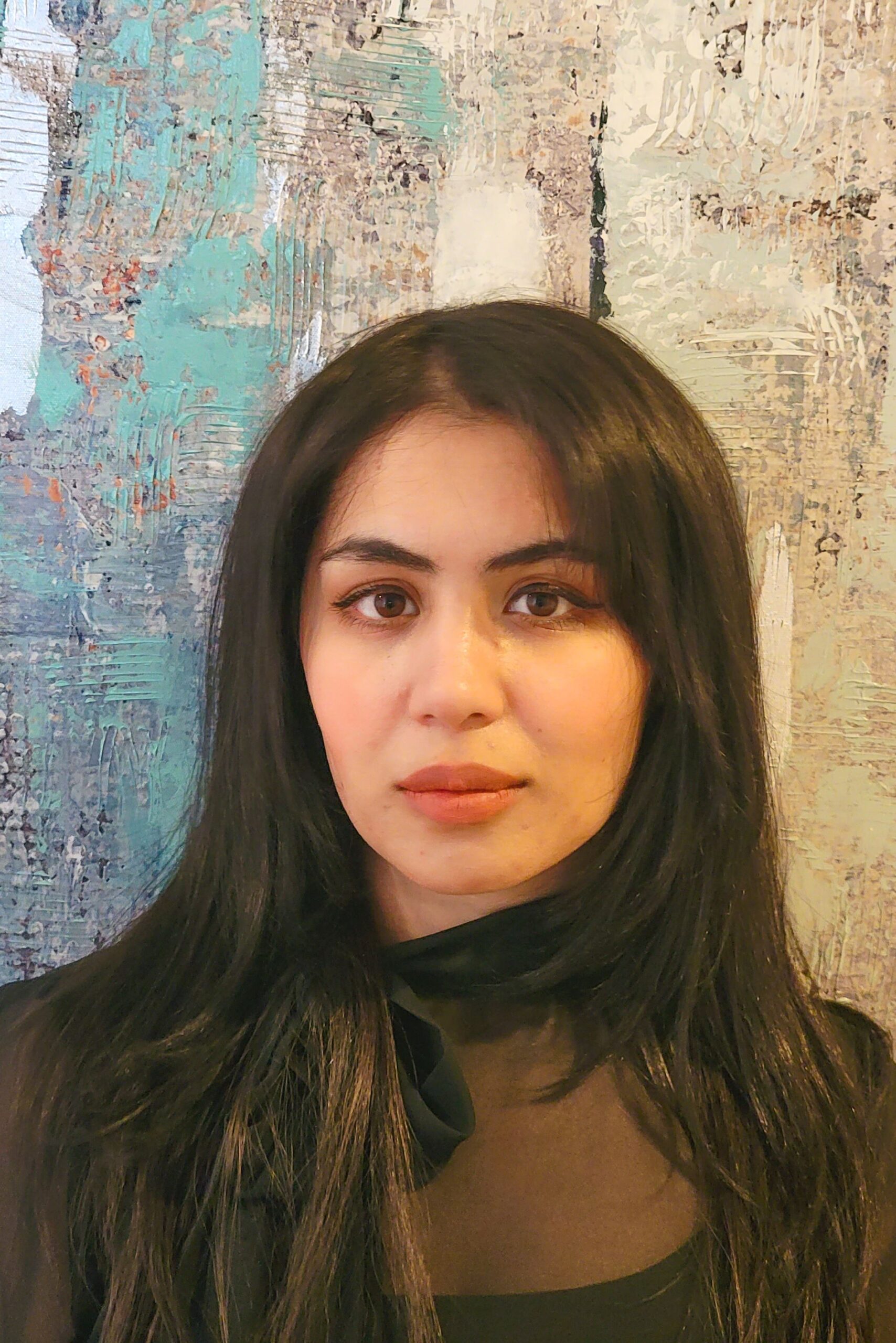
Mishall Lallani (nee Ahmed) is a PhD Candidate in the Department of Politics at York University. Her research focuses on the use and applications of artificial intelligence (AI) and machine learning in North American governance and immigration processes. She is interested in the challenges posed by the proliferation of AI in everyday life, the processes of data abstraction, data imperialism, and the political economy of techno-scientific innovations.
Dr. Ganaele M. Langlois is an Associate Professor in Communication and Media Studies. Ganaele's areas of research include digital technocultures, philosophy of technology, critical theory, and digital methods.
Dr. Elisha Lim (they/them) is an Assistant Professor of the Technological Humanities at York University and researches the intersection of social media platforms, theology and critical race theory. Lim is currently working on a book called Pious about how corporate algorithms drive vigilant conduct.
Dr. Bernard Lightman is a Distinguished Research Professor in the Humanities Department at York University, and Past President of the History of Science Society. Lightman’s research focuses on the cultural history of Victorian science and transnational history of science involving Britain and China.
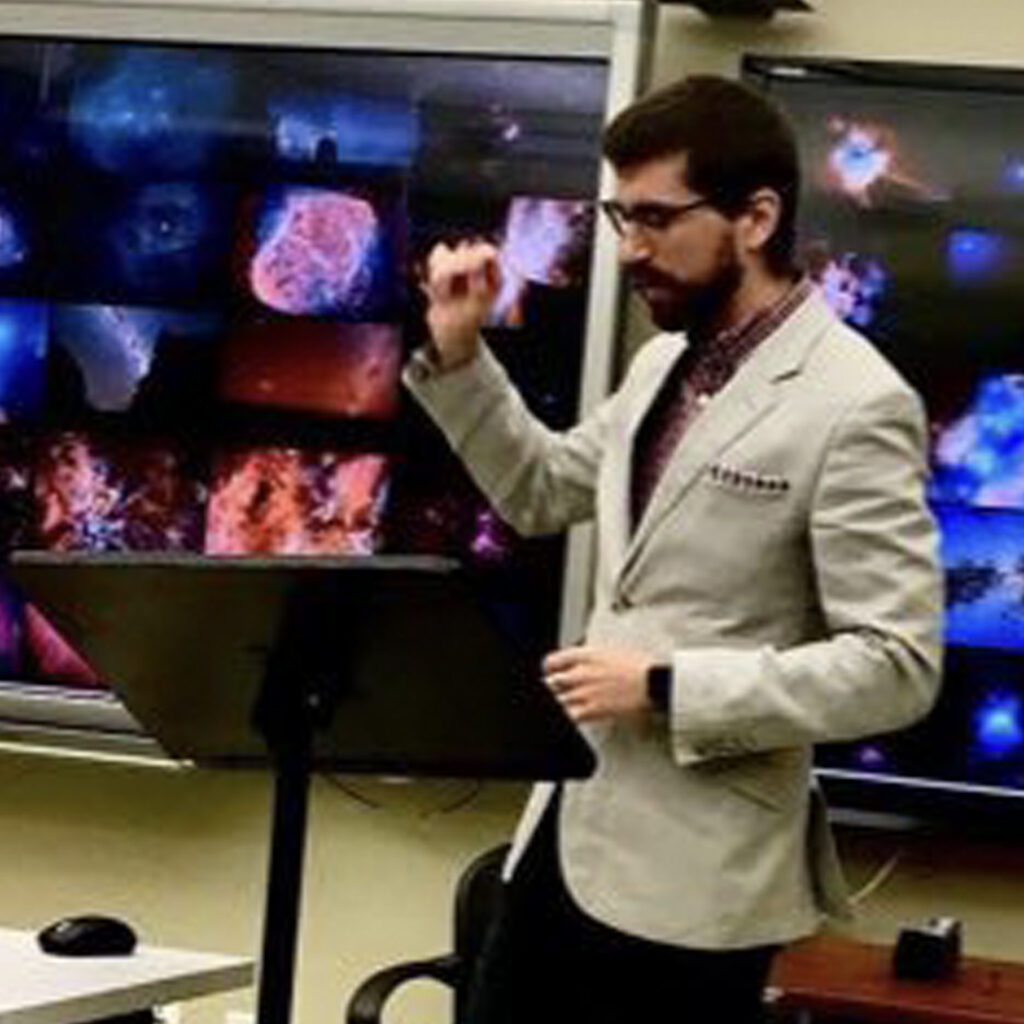
Anthony Nairn
Graduate Fellow
Anthony K Nairn is a PhD student in Humanities, working at the intersection of media, science communication, and religion. He is interested in affects, aesthetics, ethics, and narrativity in science popularization. He is Executive Assistant of the International Society for Science and Religion.
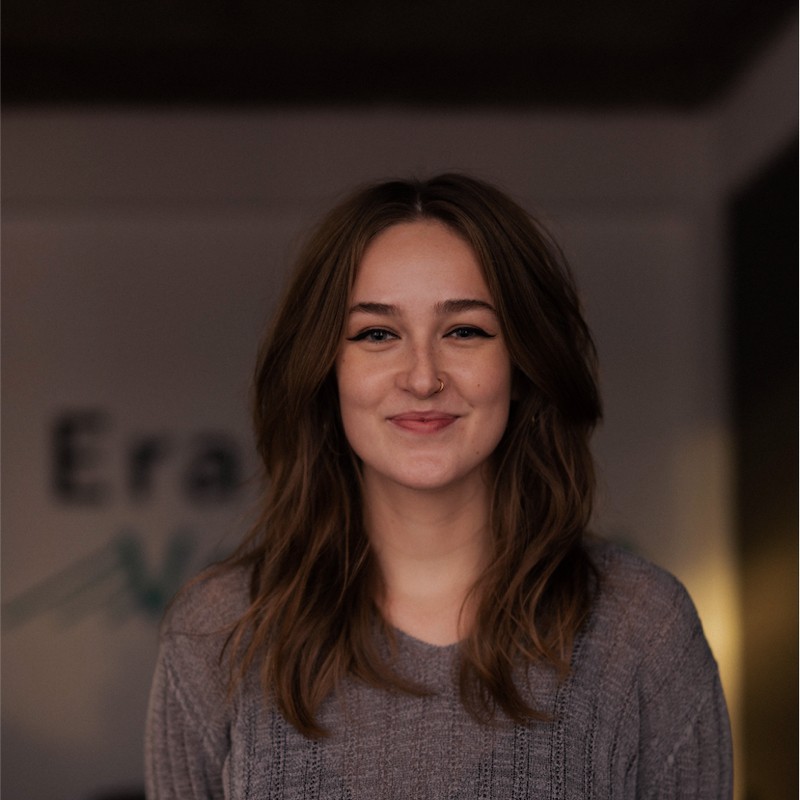
Fenna Nijboer
Associate Fellow
Fenna Nijboer is a PhD candidate at the Erasmus School of Health Policy and Management in Rotterdam, part of the Workforce program and Health Care Governance section. Her work focuses on how the “assetization” of care manifests itself as a socio-economic and technical phenomenon. Her research revolves around infrastructures of healthcare, the political-economy of healthcare, workforce and inequalities. At Erasmus AiPact, she focused on how digital platforms shape work practices, professionalism and governance, discussing the "self-assization" of careworkers. Her research combines a critical sociological perspective with insights from Science and Technology Studies (STS).
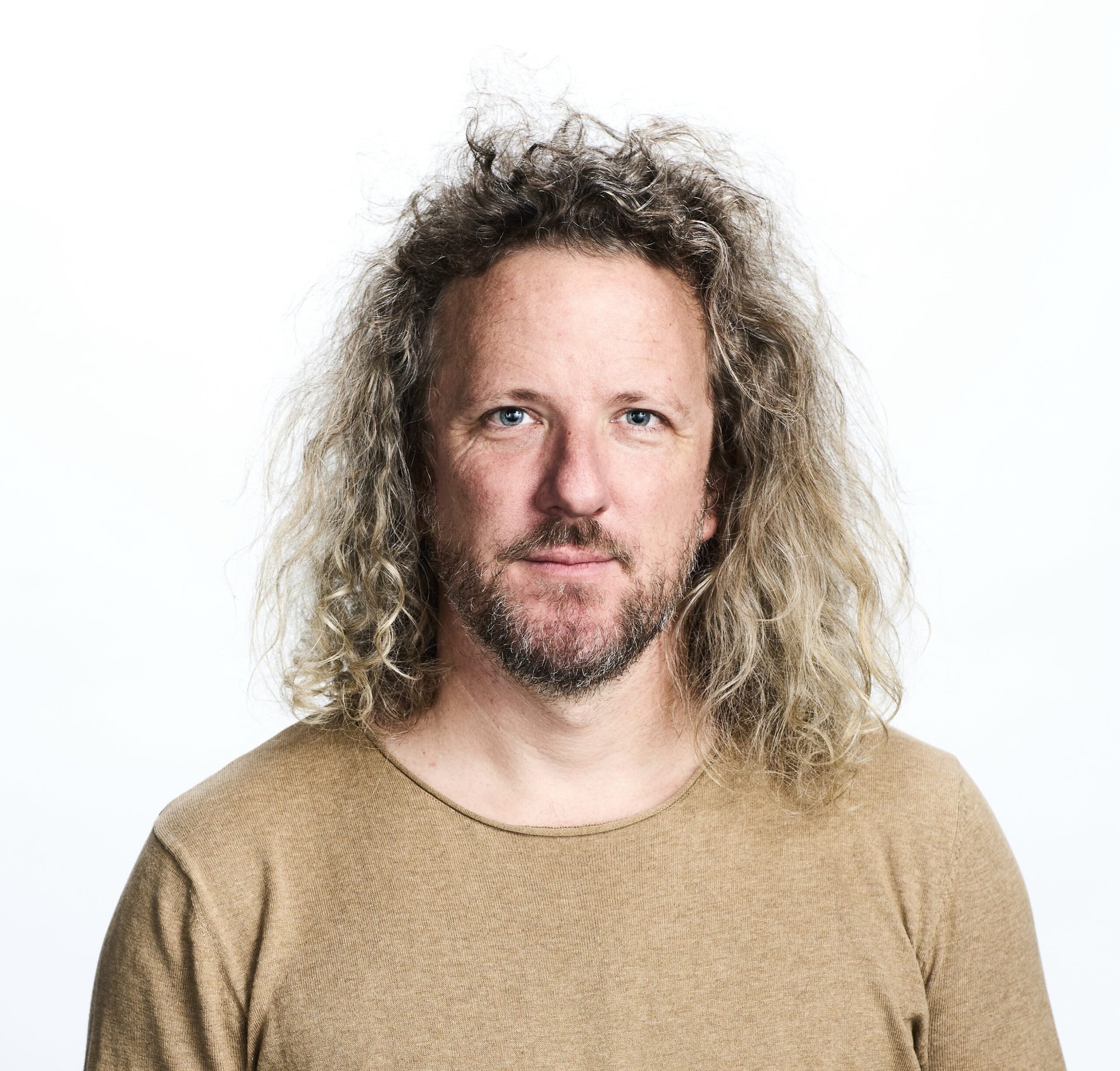
Michael Richardson
Associate Fellow
Michael Richardson is a writer, researcher, and teacher living and working on Gadigal and Bidjigal country in Sydney, Australia. He is an Associate Professor in Media and Culture at UNSW, where he co-directs the Media Futures Hub and the Autonomous Media Lab, and an Associate Investigator with the ARC Centre of Excellence on Automated Decision-Making + Society. His research examines technology, power, witnessing, trauma, and affect in contexts of war, security, and surveillance. His latest book is Nonhuman Witnessing: War, Data, and Ecology after the End of the World (Duke University Press, 2024).
Dr. sava saheli singh (she/her) is an Assistant Professor of Digital Futures with the Faculty of Education, York University. As an interdisciplinary scholar and filmmaker working at the nexus of education, technology, surveillance, speculative futures, and intersectional marginality, sava has a strong commitment to community-based public scholarship and critical digital literacy. She co-produced the award-winning Screening Surveillance series of four short films, a public education and knowledge translation project that calls attention to the potential human consequences of big data surveillance.
Dr. Joan Steigerwald's scholarship, graduate supervision, and teaching explores the relationships between science and technology studies, the history of the life sciences, the history of philosophy, Romantic studies, and contemporary theory. Her work is interdisciplinary, regarding different modes of inquiry as offering critical reflection on its others, exposing their boundaries and incompletions and yet also opening each to what is unthought within it.
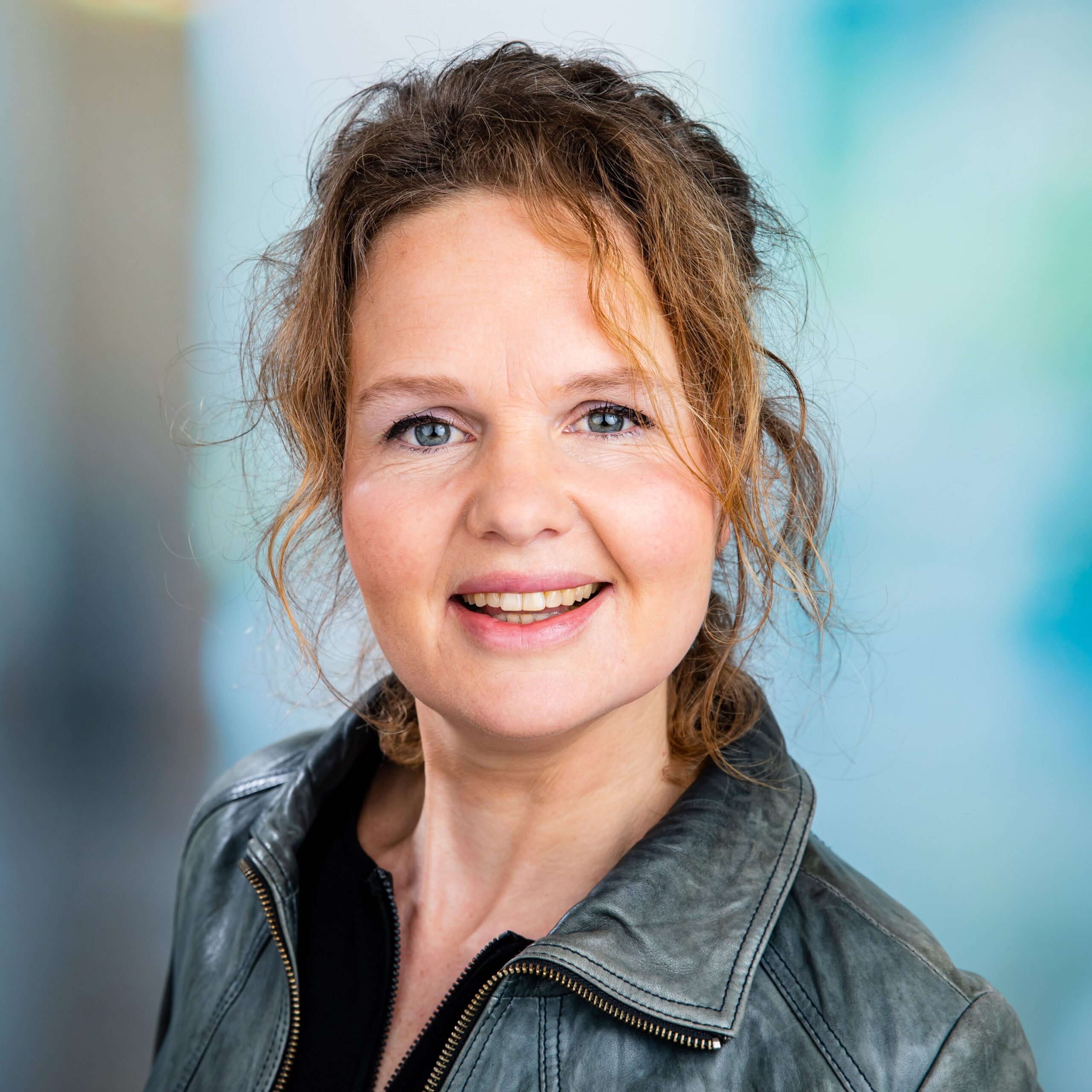
Iris Wallenburg
Associate Fellow
Iris Wallenburg is professor in Sociology of Care at the Erasmus University Rotterdam (Netherlands). Her research revolves around health labor market issues in healthcare, and how social, economic, spatial, and technological innovations impact on (images of) care. Research includes regional cooperation, assetization of care, and the development and deployment of technology. She chairs the research programme on Sustainable HealthCare Workforce, and is academic lead of AiPact, a multidisciplinary program at the Erasmus University, promoting the use of socially relevant artificial intelligence in healthcare. Additionally, she is editor-in-chief of the journal Health Economics Policy and Law (HEPL, Cambridge University Press).
Dr. Kate Tilleczek is a Professor who holds the Tier 1 Canada Research Chair in Youth, Education & Global Good in the Faculty of Education at York University. She is an educator, founder (in 2009), and Director of the Young Lives Research Laboratory which employs global, intercultural and interdisciplinary approaches to collaborative research with and for young people and their communities. Professor Tilleczek’s research garners new understanding about the wellbeing of young people and how we might re-design quality education and whole-of-society supports with/by them.
Dr. Alexandra Widmer is an Associate Professor in the Anthropology Department. She has held a research scholar position at the Max Planck Institute for the History of Science in Berlin. Her research interests are Colonial and postcolonial science and medicine; Indigeneity and well-being; reproductive justice and critical studies of demography and population control; digital health; precision medicine; critical microbiome studies; and science in food cultures.

Graduate Fellow
Nicole Toivonen Winchester is a PhD student in Science and Technology Studies at York with two decades of experience with evolving digital technologies in media, gaming, and immersive entertainment. By examining Dungeons & Dragons as a sociotechnical assemblage, Nicole’s research explores knowledge production and loss, infrastructures of games as technologies, and processes of platformization. Recipient of an SSHRC CGS Master’s Scholarship, Nicole strives to understand how technologies affect communities and creativity, how we contribute to these processes, and how knowledge is produced, lost and preserved — even when it is ‘just a game.’


